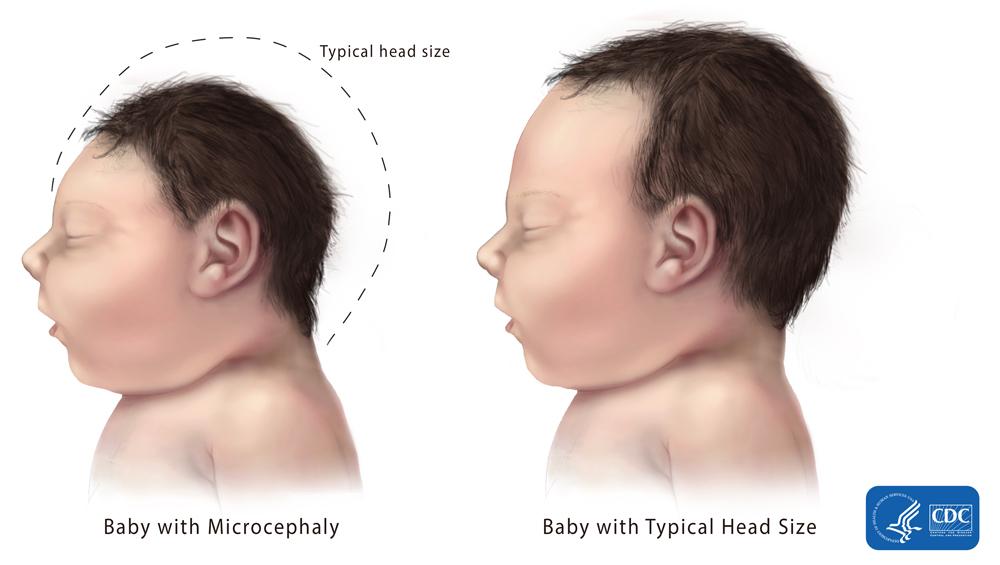JANIE HARRIS
Editor-in-Chief, News Editor
The Georgia Department of Public Health recently confirmed that there has been a travel-related case of the Zika virus in Georgia, meaning some- one contracted the virus in another country then traveled to Georgia. However, according to former Dean of the Nursing School Linda Scott, residents of north Georgia should not be too concerned about being infected with the virus right now.
“The only time there should be a cause for concern is if [students] are pregnant or [plan to] get pregnant soon thereafter [traveling out of the country], or if their partner could potentially have been exposed [to the virus],” said Scott.
The Centers for Disease Control and Prevention, or CDC, reported that there is a strong link between the Zika virus and microcephaly, which is a birth defect where an infant’s head is smaller than expected that often involves the brain not fully developing. The Zika virus has been making headlines throughout the world because of this. However, the virus has existed for many years. It was never linked with microcephaly until now. According to Science Magazine, the virus was first discovered in 1947, where a researcher found the virus in the Zika Forrest in Uganda.
Still, the virus spread into headlines in 2015 when the Pan American Health Organization, or PAHO, issued an alert regarding the confirmed identification of the virus in Brazil.
“The outbreak in Brazil led to reports of Guillain-Barré syndrome and pregnant women giving birth to babies with birth defects and poor pregnancy outcomes,” read the CDC’s website.
According to the CDC, Guillain-Barré syndrome is a rare disorder, which a person’s own immune system damages his or her nerve cells, causing muscle weakness and sometimes paralysis. While the CDC has seen reports of this in relation to the Zika virus, their larger worry is the birth defects that it could cause.
The Zika virus is spread two ways— through sexual transmission and Aedes albopictus mosquitoes. The same mosquitoes transmit the Dengue virus, which has similar symptoms to the Zika virus.
“We have been dealing with mosquito-borne illness for decades,” said Dave Palmer, the Public Information Officer for District Two of the Georgia Department of Public Health.
According to Scott, the fear resi- dents of Georgia could have would be that a mosquito could have bitten the infected individual and transferred it to another person in Georgia. How- ever, because of the temperatures we are currently facing, she said that it is unlikely that mosquitoes are able to spread it around north Georgia.
Still, people with symptoms who have traveled out of the country should be speaking with their medical providers about being tested. However, there are only a few labs, such as within the CDC, that are currently testing for the Zika virus. Symptoms are fairly common with a number of other illnesses, so determining if the symptom is re- lated to the Zika virus remains difficult without the test.
“The only way to know for sure is to have the test,” said Palmer.
The most common symptoms of the Zika virus, according to the CDC, are fever, rash, joint pain and pink eye. The CDC also reported that these symptoms are fairly mild, lasting only about a week and rarely requires hospitalization. Still, the CDC and Georgia Department of Public Health are stressing the importance of the virus spreading because of the effect it could have on an unborn child.
“We want to make sure that women who are pregnant or trying to get pregnant are protected,” said Palmer.
Palmer said that if one is worried about contracting the virus, the best way to protect his or herself is to avoid being bitten by mosquitoes. So, people should cover as much skin as possible by wearing long-sleeve shirts and long pants, spray oneself with bug repellent and avoid areas with a lot of standing water where mosquitoes breed.
“The best way to prevent a mosquito-borne illness is to not get bit,” Palmer said.
For more information about the Zika virus and how to prevent mosquito bites, visit the CDC’s website www. cdc.gov or the Georgia Department of Public Health’s website at www.dph. georgia.gov.

(The Centers for Disease Control and Prevention)







